Join the community
Thought Leadership Centre
Most Read
1. Singapore to slash CDC vouchers as Budget 2026 pivots to defence 2. Budget 2026 to surge tech funding as ageing workforce squeezes growth: analysts 3. OCBC and UOB to reverse year-long NIM slide in Q4 4. E-ang bao use jumps nearly 50% in 2025 as seniors ditch red packets: OCBC 5. UOB set for growth as DBS, OCBC earnings hold steady: reportResource Center
Awards
Apr
14
Event News
Singapore Business Review Management Excellence Awards 2025 Winner: Moninder Jain of Logitech Singapore Pte Ltd
Moninder Jain of Logitech Singapore highlights how human and AI collaboration strengthened the company’s market position.

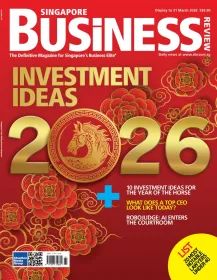
 Advertise
Advertise
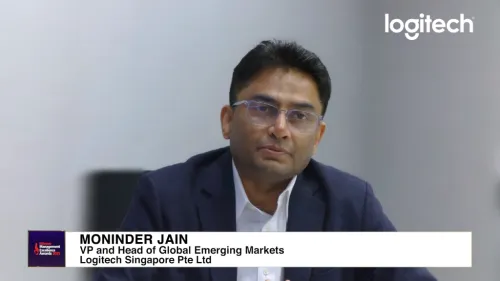


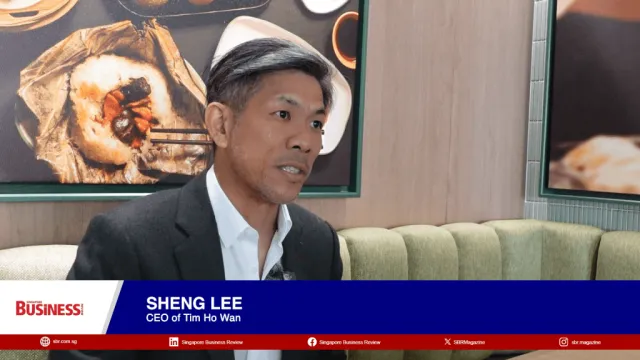
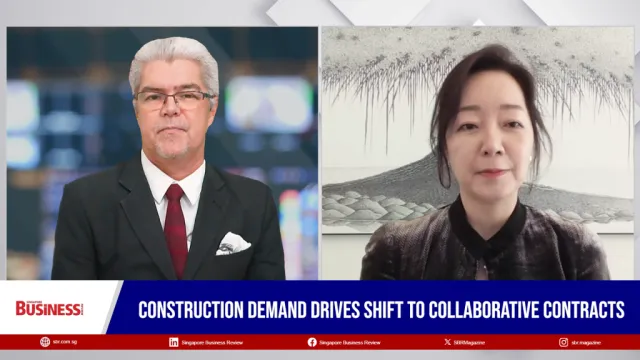
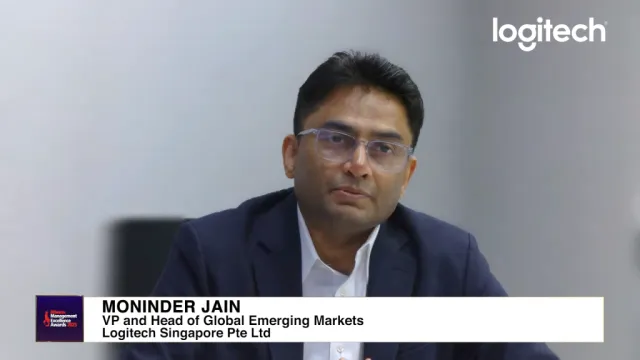
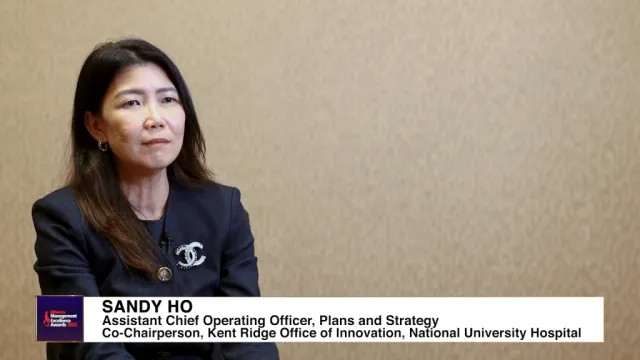









Commentary
To win at Influencer Marketing, Singaporean firms should use Instagram
To win at Influencer Marketing, Singaporean firms should use Instagram
Upgrade yourself today: The 10 most wanted IT skills in Singapore
What you need to know in keeping your privileged users in check
MNCs avidly chase IT candidates with sound communication and presentation skills
Planning your year-end offsite? 3 must-dos for a successful Singapore corporate retreat
What firms should know about scaling up management productivity
4 mistakes SMEs make that can lead to business failure
Singapore – Are you ready for Industry 4.0?
How Donald Trump's views on the TPP could sink Singapore
Better online ads in Singapore? The coalition conversation
A serious look into the future of HR in Singapore
Singapore and Australia to combat tax evasion
Kheng Keng Auto: A global business selling scrapped cars and car parts from Singapore
The REIT way to fight Singapore's low interest rates
To avoid queues, Singaporean events should go cashless
Singapore's 4th telco: Is there room for differentiation?
To rise as a Smart Nation, Singapore must disrupt the workplace